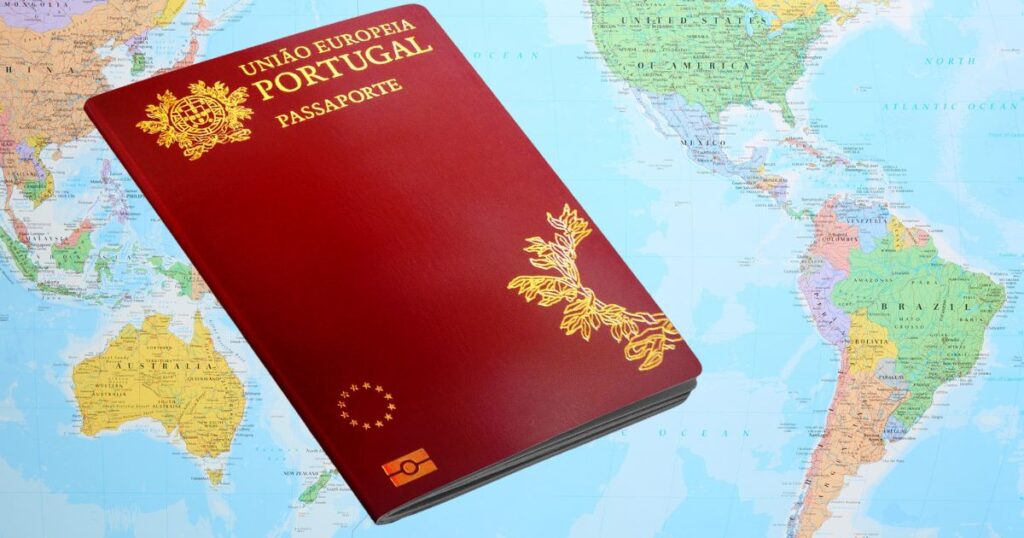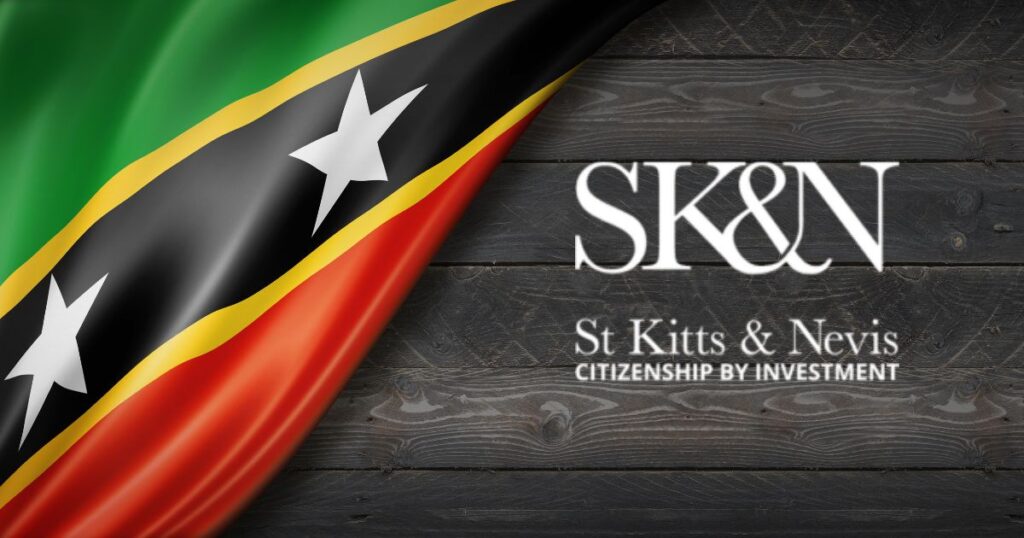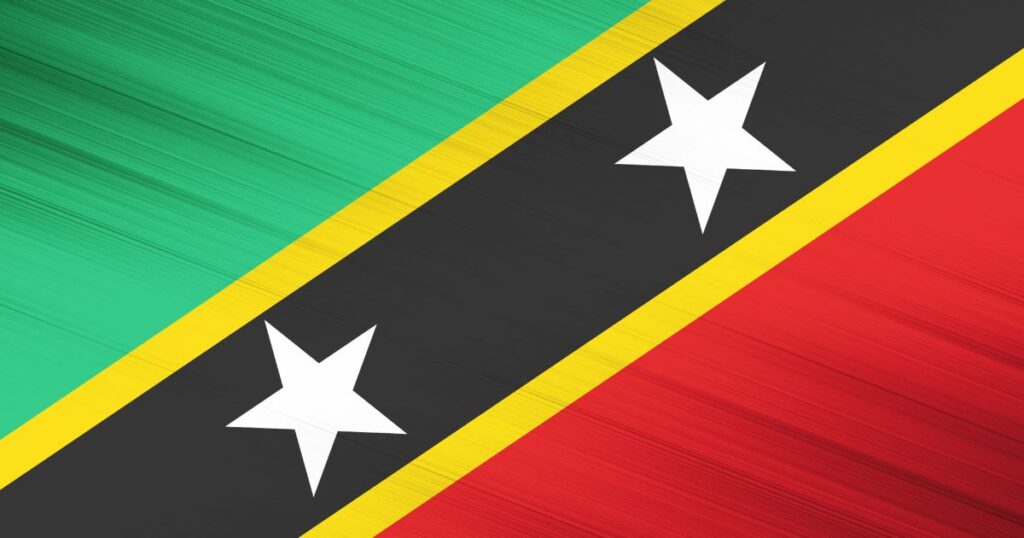Malta processes some 400 applications every year under its citizenship by investment program. The highly efficient vetting system developed by Malta government to screen high risk candidates is at the core of the CBI industry often touted as the gold standard. Over the past years almost one in three applications are refused under IIP.
All applicants and their family members through four tier of due diligence and seven layer risk matrix before being accepted for citizenship through investments. These checks were carried out by Community Malta agency.
The Agency gives due consideration to every element of the application process, with particular focus on due diligence. The process which has been developed and adopted by the Agency has garnered several international positive reviews. This is the result of an open-minded approach and the continuous development of internal processes to ensure that only the rightful applicants make it through the programme. The programme is not about numbers, but more about quality and attracting talent who can prove to add value to the country.
An application gone wrong can jeopardise the whole industry.
– Komunita Malta Agency
Ultimately, this is what every citizen wants, what every nation wants and what every applicant of high moral standards wants. Individuals will not feel at ease knowing that their own personal safety is compromised, or that they cannot do business properly. It benefits us, but it also benefits the applicant.
Due Diligence
The Programme has a four-tier due diligence process, which is considered the most stringent, and of the highest standard, in the industry.
First Tier
Standard KYC due diligence is carried out by both the Agency and the Agent through databases such as World-Check.
Second Tier
Clearance is obtained from the Police Authorities following thorough checks through several databases, such as Interpol, Europol and others. Any issues encountered at this stage are reported back to the Agency. It must be pointed out that any Third Country National (TCN) applicant or dependant who requires a visa to be able to visit Malta and, therefore, enter the Schengen zone, is to go through the standard Schengen visa application procedures.
Third Tier
This stage is carried out by the Agency’s assessors. The assessors have a banking and audit background who receive ongoing training in the prevention of Money Laundering and Terrorism Financing.
A completeness and correctness check of the application is carried out. This identifies anomalies in the application form that highlight any potential risk. Every kind of accompanying documentation submitted to the Agency is checked to ensure that it has been filled in correctly and that the documents are submitted in the proper format, correctly translated, and apostilled or notarised as the case may require. Where documents are missing or not in the correct format, or errors are identified, a request for submission is made to the agent representing the family applying for Maltese citizenship and the application process is paused until everything is in order.
This stage also comprises checks against world-check databases which include searches against major international sanctions, designated and denied persons lists.
The sources of funds and wealth are also reviewed at this stage to ensure that sufficient information and supporting documentation has been provided.
Fourth Tier
Two outsourced due diligence reports are commissioned from international companies on every family to ensure that as much ground as possible is covered and no stone remains unturned. These checks would include verification of all the information submitted, checks with databases, both international and local, in each of the family’s country of residence, and even discreet on the ground interviews with individuals who know the family.
Once the above processes are completed, the assessors review all the information collected both internally and externally and an internal risk assessment report is compiled using a risk matrix, which was developed by the Agency to standardise the process and ensure that every application is processed comprehensively. However, this may entail raising further questions with the applicant via the agent to seek further clarifications. The assessor may revert to the due diligence companies to obtain their views/observations on the issues raised with the applicant. This will enable the assessor to finalise the risk assessment report.
Subsequently, applications are presented during the Agency’s board meeting where a collective decision on the recommendation to be put forward to the Minister for Citizenship is agreed. The Minister’s final decision is then conveyed to the agent by means of either a Letter of Approval in Principle or a Letter of Refusal.
All employees working in the due diligence section go for an AML course to have a better understanding of what is expected of them. In addition, the employees within this section all have previous experience in either Risk and Compliance or Audit.
Ineligible countries
Applicants with links to ineligible countries cannot apply for Maltese citizenship by investment program.
There are a number of countries which, if the applicant has a direct link to, shall not be eligible to apply under these regulations. These countries are: Afghanistan, Chad, Eritrea, Iran, Kyrgyzstan, Libya, Myanmar (known as Burma), Nigeria, North Korea, Somalia, Sudan, Syria, Tanzania, Venezuela, and Yemen
The Agency reserves the right to update the list of banned countries from time to time. Such list will be communicated with all Agents accordingly.
Risk Matrix
The Agency has developed an internal risk matrix, which ensures that every application is being examined thoroughly in a consistent manner, and that decisions are taken systematically and transparently. The matrix has seven categories, and every application is treated similarly without deviations.
Identification and verification
Identification and verification is the first category of the risk matrix and looks at how the identity of the applicants has been established and verified, while considering all the countries the applicants have resided in over the ten years preceding the application.
Business and Corporate Affiliations
The second category looks at the Applicant’s business and corporate affiliations and takes into consideration ties with offshore activity, jurisdictions and industries.
Politically Exposed Persons (PEPs)
A category in itself is where applicants are politically exposed persons (PEPs) and are or have been on sanctions or watch lists.
Source of Funds & Source of Wealth
The fourth category of the risk matrix, which today constitutes of the most significant focus of the due diligence process, looks at establishing how the family have accumulated their wealth, and from where the funds for financing the application originate. The risk assessment under this category has an even stronger focus on documented evidence, at times delving into extremely granular detail such as bank statements, articles of association, share registers and certificates of incorporation, certified copies of contracts, and transactions amongst others. Tax evasion risks are also taken into consideration.
Reputation
The applicant reputation constitutes the fifth category of the risk assessment matrix, taking into consideration the overall reputation observed through OSINT, reports and on-the-ground intelligence.
Legal and Regulatory Matters
We have established that the sixth category would focus on legal and regulatory matters with incremental risk factors based on any charges or convictions for criminal or civil offences, including fines at an incremental interval.
Relative Impact on the MA’s Immediate Network
The six categories of risk mentioned so far are very commonly analysed within the financial sector. However, the seventh category is somewhat bespoke to the industry of CBI and consists of an analysis of the MA’s activities and the relative impact on the MA’s immediate network and society in general. This is to ensure that no stone is left unturned and to enable the team to cover any incidental area, which is deemed essential and was not covered by any of the other previous categories.
All information which is deemed necessary for the processing and due diligence of an application is required, and there is no room for negotiation or ad hoc decisions. Details of all applicants are also submitted to the Financial Intelligence and Analysis Unit (FIAU) for full transparency.
Decisions within the Agency are documented and substantiated with the required rationale, and signed off by the responsible person, to ensure transparency and accountability
To understand more about insights into background checks done by Malta on citizenship applicants, please read our interview





